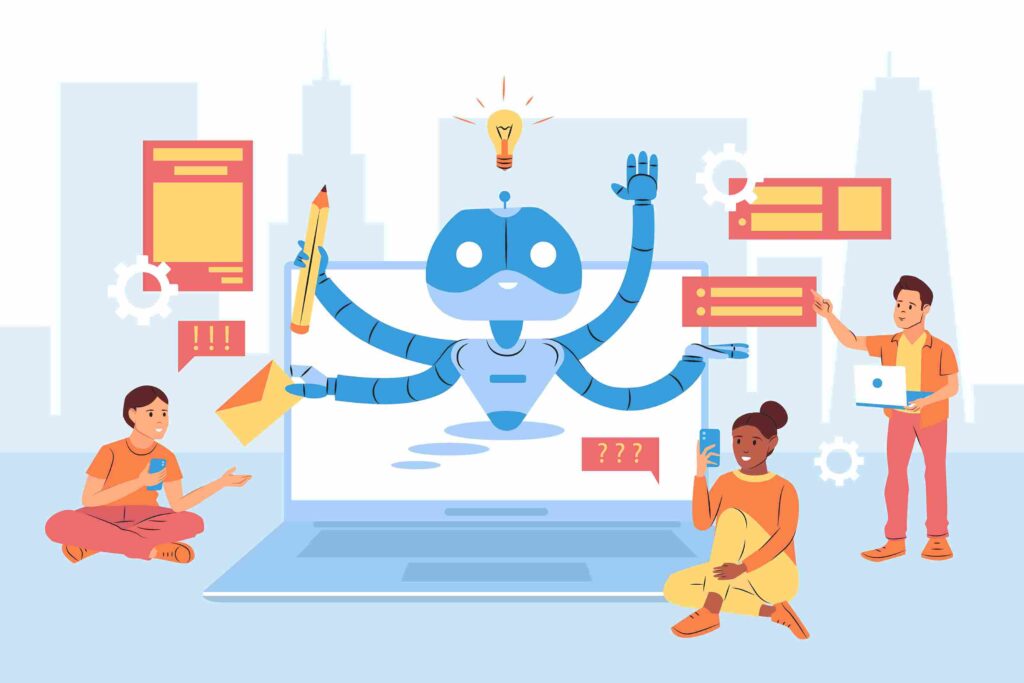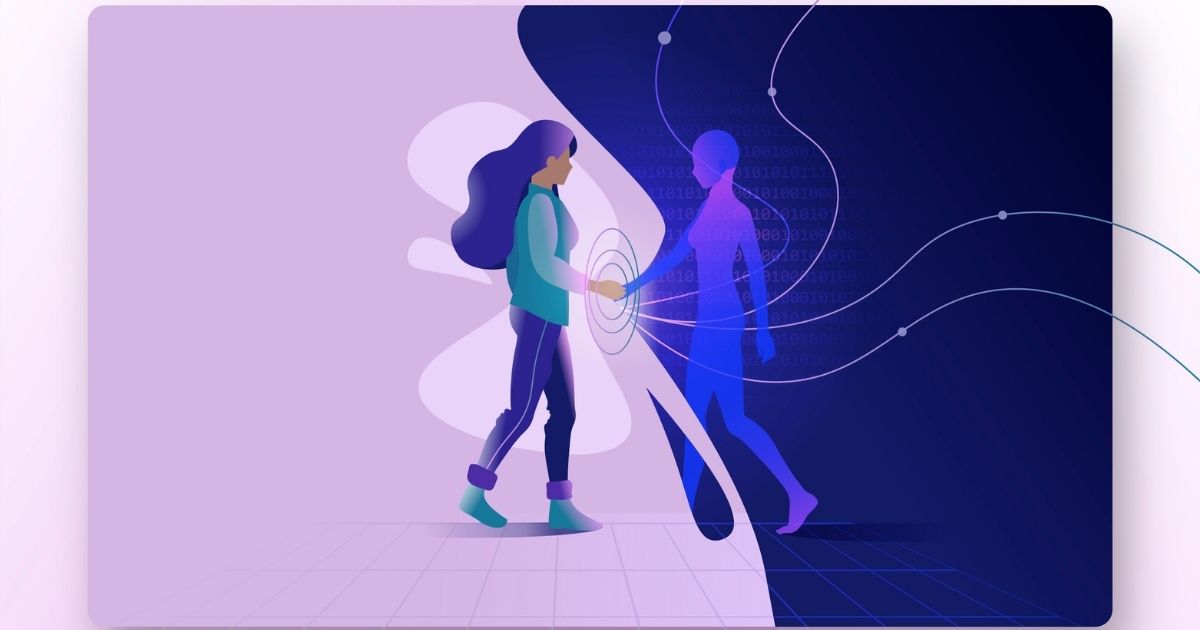Healthcare and artificial intelligence (AI) are converging in unprecedented ways, revolutionizing patient care, diagnostics, and administrative efficiency. At the InnoHealth Conference 2024, we had the opportunity to sit down with Mr. Ganesh Gopal, co-founder and CEO of Gnani.ai, to discuss how AI is reshaping the healthcare landscape and some of the challenges and misconceptions surrounding it.

The Story Behind Gnani.ai
One of the first things that caught our attention was the unique name of Mr. Gopal’s company—Gnani.ai (pronounced as Gyani). He explained that the name stems from the Sanskrit word Gyani, which means “knowledge.” The pronunciation and spelling reflect the linguistic roots of Sanskrit, a language known for its phonetic accuracy, making it highly relevant to AI applications like speech recognition. The name embodies the company’s mission—leveraging AI to enhance knowledge and make intelligent systems more accessible.
AI’s Surprising Role in Healthcare
When asked about the most surprising way AI has impacted healthcare, Mr. Gopal shared an inspiring project: the Thousand Days Program, aimed at improving maternal and infant nutrition. This initiative, implemented in villages across Uttar Pradesh, focuses on supporting mothers and infants through pregnancy, lactation, and early childhood. The program integrates AI interventions alongside ASHA and Anganwadi workers to monitor and enhance nutrition levels, ensuring better health outcomes.
He admitted that when he co-founded Gnani.ai, he never expected AI to be used in such a critical area. However, the power of AI-driven interventions in maternal care demonstrates its immense potential to create positive, large-scale social impact.
Challenges in Implementing AI in Healthcare

While AI holds immense promise, deploying it in healthcare comes with significant challenges:
- Data Security & Privacy – Healthcare data often contains personally identifiable information (PII) and sensitive patient details. Ensuring data protection and compliance with regulatory standards is paramount.
- Bias in AI Models – AI systems are only as good as the data they are trained on. If the training data is skewed toward a particular demographic, it can lead to biased outcomes. For instance, Mr. Gopal cited a case where an AI model developed to assess pain tolerance in dental patients performed inadequately because it was trained on data biased toward a specific racial group.
- Hallucinations in AI Responses – Inaccuracies or false information generated by AI (often referred to as “hallucinations”) can be particularly dangerous in healthcare. If an AI system provides incorrect medical advice or diagnosis, the consequences could be severe. Developing safeguards to prevent such errors is crucial.
Debunking Misconceptions About AI in Healthcare
There’s a widespread belief that AI will replace doctors and healthcare professionals. However, Mr. Gopal was quick to dismiss this notion. “AI is not a magic wand,” he said. While AI can significantly augment healthcare by streamlining processes and assisting medical professionals, it is not an overnight solution to complex diseases like cancer.
Instead, AI serves as a co-pilot, improving efficiency and accuracy. For example, AI-powered tools can assist hospitals in handling patient interactions, appointment scheduling, and post-treatment follow-ups, ensuring a smoother experience for both doctors and patients.
Real-World AI Applications in Healthcare

- AI-Powered Appointment Scheduling – Many hospitals are using AI-driven systems to allow patients to book appointments seamlessly via WhatsApp, voice bots, or text messaging. These systems operate 24/7, ensuring accessibility even when human receptionists are unavailable.
- Post-Treatment Monitoring – AI-enabled voice bots periodically check in with patients to assess their recovery, detect potential complications, and collect feedback about the treatment experience. This proactive approach enhances patient care and reduces hospital readmissions.
- Healthcare Surveys & Experience Analysis – AI tools can call patients post-hospital visits to gather feedback on their experience, accessibility of services, and overall satisfaction. These insights help hospitals improve their services and enhance patient care.
- Pre-Consultation Data Collection – In some institutions, AI systems are being used to collect preliminary patient data before a doctor’s consultation. By asking key diagnostic questions and recording symptoms, AI helps doctors make more informed decisions while saving time.
The Future of AI in Healthcare
India, in particular, has a unique challenge—digital healthcare records are not yet widely adopted. However, Mr. Gopal sees a significant opportunity to implement AI-driven voice-based solutions in multiple regional languages, making healthcare more inclusive and efficient.
While AI will continue to evolve, it’s essential to remember that it’s not a magic fix but a powerful tool that, when used responsibly, can transform healthcare for the better.
Final Thoughts
AI is not here to replace healthcare professionals but to assist, optimize, and enhance medical processes. With ethical AI development, robust safeguards, and proper implementation, the future of AI in healthcare looks promising.As our conversation with Mr. Gopal concluded, one thing was clear—AI has the potential to drive positive, lasting change in the healthcare sector, but its success lies in responsible and human-centric deployment.
Composed by:
InnoHEALTH magazine digital team

